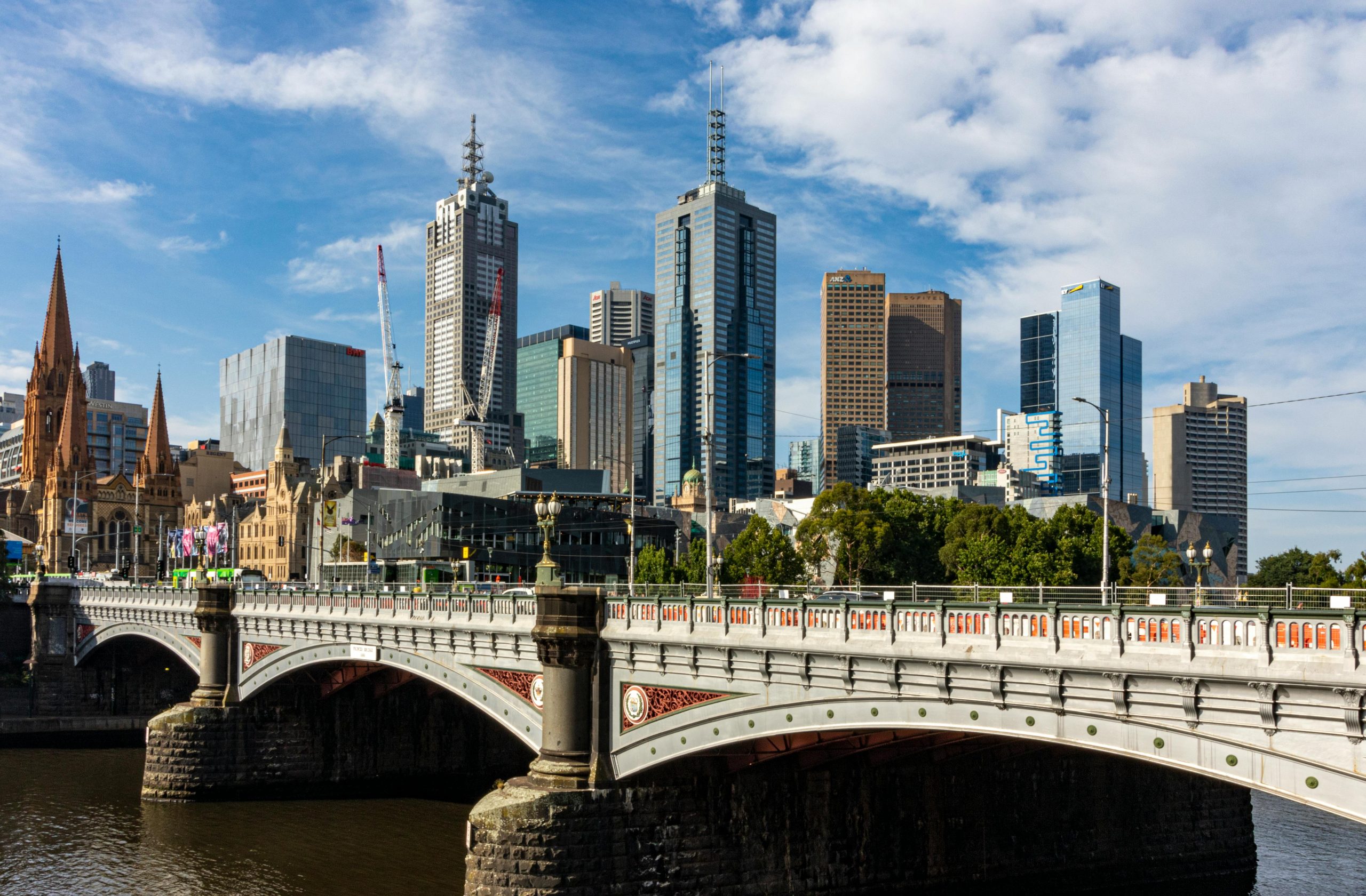Date: 28 October 2024, 9:00-17:30 (Melbourne local time)
Venue: Melbourne, Australia
The fifth version of the SUMAC (analySis, Understanding and proMotion of heritAge Contents) workshop, like its predecessors, focuses on analyzing, processing and valorizing all types of data related to cultural heritage, including tangible and intangible heritage. As stated by UNESCO, cultural heritage provides societies with a wealth of resources inherited from the past, created in the present for the benefit of future generations. The workshop will again be part of the annual ACM Multimedia conference running from 28 October to 1 November 2024 in Melbourne, Australia.
Digital heritage data acquired are naturally massive and address a large diversity of monomodal modalities (text, structured referentials, image, video, 3D, music, sensor data). Their processing and promotion put into light several scientific challenges as well as various new use cases that are of topical interest today for the ACM Multimedia community, both for academics and industries. Like in the previous editions, the SUMAC organisers strive to value the sharing of knowledge, algorithms and experiments; and also open source software and open data, by encouraging the submission of articles that promote this sharing policy.
Abundant heritage data is available in the most recent years. Older data, that can be called the big data of the past, are mostly locked – they currently remain largely “hidden” from the public, in galleries, libraries, archives, museums or data producers’ infrastructures. Processing heritage data to increase their visibility will act as a game changer and contribute to a large panel of communities, by enabling an outstanding pool of inter-operable data, not only as a service to citizens but also to public or private actors, by challenging the research methods at the crossing of computer science, artificial intelligence and digital humanities.
Keynotes
- From Pixels to Preservation – The Power of Large Vision Models in Heritage Content Understanding, Jing Zhang
- God or the Devil are in the Details Too. Reusing 3D Digital Resources for Cultural Heritage Research, Vera Moitinho de Almeida
Accepted Poster Sessions
- Personalized Generative Storytelling with AI-Visual Illustrations for the Promotion of Knowledge in Cultural Heritage Tourism – Andrea Ferracani, Marco Bertini, Pietro Pala, Gabriele Nannotti, Filippo Principi, Giuseppe Becchi [ACM DL Link]
- Creating a Dataset for the Detection and Segmentation of Degradation Phenomena in Notre-Dame de Paris – Laura Willot, Kévin Réby, Adeline Manuel, Dan Vodislav, Valerie Gouet-Brunet, Livio De Luca [ACM DL Link]
- Historical Postcards Retrieval through Vision Foundation Models – Anis Amri, Salvatore Tabbone [ACM DL Link]
- Scene Classification on Fine-arts with Style Transfer – Haiting Huang, Mathias Zinnen, Shumei Liu, Andreas Maier, Vincent Christlein [ACM DL Link]
- 4D Geo Modelling from Different Sources at Large Scale – Sander Muenster, Jonas Bruschke, Daniel Dworak, Dávid Komorowicz, Vaibhav Rajan, Dominik Ukolov [ACM DL Link]
- Understanding User Engagement in Museum TikTok Videos by Exploring Multimodal Cues – Chek Zi Yan Jane, John See, Jessica Sze Yin Ho, Lau Pei Mey, Padma Pillai [ACM DL Link]
- Hand Gesture Recognition in Buddhist Art Images: Evaluation of a Keypoint-based Approach – Li Weng [ACM DL Link]
Special Highlights
Best Paper Award – the organising committee will present a best paper award, accompanied with a certificate and a trophy, similar to previous editions.
Organisers
- Valerie Gouet-Brunet (IGN, Gustave Eiffel University and TMO Board member) France
- Ronak Kosti (Pattern Recognition Lab, FAU) Germany
- Li Weng (Zhejiang Financial College) China
